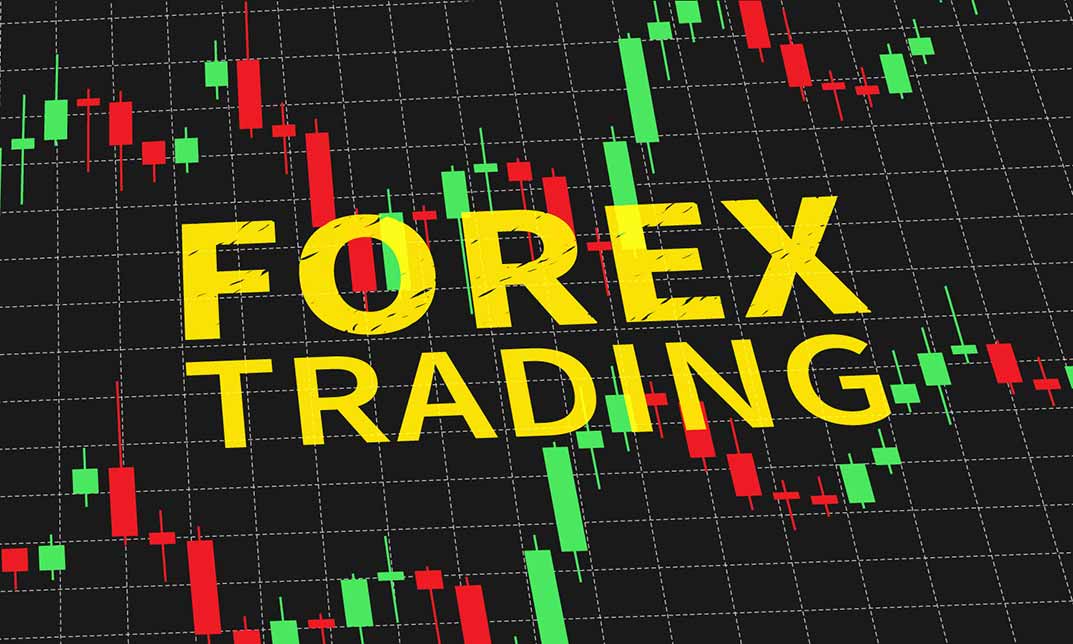Comprehending the Basics of Money Exchange in Today's Global Market
In a progressively interconnected international economy, comprehending the principles of currency exchange is crucial for stakeholders throughout various industries. Exchange prices, formed by an intricate interplay of financial indicators and geopolitical factors, have extensive results on international trade and financial investment strategies. As central banks exert influence and technical advancements improve money trading, the effects for global commerce are far-reaching. Just how do these elements integrate to influence economic preparation and threat monitoring? Comprehending the nuances of this dynamic market is not merely beneficial-- it is necessary for navigating today's financial landscape.
The Basics of Currency Exchange
Money exchange is an essential element of the worldwide economy, facilitating worldwide trade and financial investment. It includes the conversion of one currency right into one more and is important for companies, governments, and people who engage in cross-border purchases. The currency exchange procedure occurs in the fx market (Forex), which is the biggest and most liquid economic market in the globe, operating 24 hours a day, 5 days a week.
At its core, currency exchange is driven by supply and need dynamics. Money are traded in sets, such as EUR/USD or GBP/JPY, and the currency exchange rate between them suggests exactly how much one money is worth in terms of another. This price varies continually because of trade circulations, funding movements, and various other market activities.
Participants in the Forex market variety from huge monetary establishments and multinational companies to private capitalists and tourists. Each participant might have various objectives, such as hedging against currency exchange rate danger, hypothesizing on money movements, or assisting in global acquisitions. Recognizing the basics of currency exchange is important for making educated decisions in the global market, as currency exchange rate can substantially influence the price of items and services, investment returns, and financial stability.
Aspects Influencing Exchange Fees
Greater rate of interest rates supply lending institutions better returns relative to various other countries, attracting even more foreign capital and causing the money to appreciate. Conversely, rising cost of living rates play a critical duty; money in countries with reduced inflation prices have a tendency to appreciate as acquiring power boosts relative to higher-inflation economies.
Financial growth and security also dramatically influence currency exchange rate. A robust economic climate brings in international investment, raising need for the residential money, which brings about recognition. Additionally, trade equilibriums impact currency value. A nation with a substantial trade excess generally sees its money appreciate because of increased foreign demand for its items and services, while a trade deficiency can damage the currency.
Political security and financial performance are essential also; nations perceived as low-risk locations for financial investment often tend weblink to see their money value. forex trading course. Market supposition can also drive currency exchange rate fluctuations, as investors prepare for future activities based on current economic signs and geopolitical occasions. These aspects jointly add to the vibrant nature of currency exchange rate in the global market
The Role of Reserve Bank

Reserve banks additionally take part in fx interventions to correct excessive volatility or imbalances in currency exchange rate. These treatments may involve acquiring or offering foreign money to preserve a preferred exchange price level. Additionally, main banks hold substantial international exchange reserves, which can be deployed purposefully to support their money.

Technology and Currency Trading
While main financial institutions shape the overarching landscape of currency exchange, technological innovations have transformed the auto mechanics of money trading itself. The proliferation of digital platforms has democratized accessibility to international exchange markets, allowing private investors to participate along with institutional financiers. On the internet trading systems, equipped with real-time data and analytical tools, assist in informed decision-making and have added to look at this website boosted market liquidity.
Mathematical trading, powered by innovative software, has changed the speed and effectiveness of money trading. Formulas carry out professions based upon predefined standards, minimizing human treatment and minimizing the moment called for to maximize market movements. This automation enhances precision in trade implementation and aids in the monitoring of complex trading techniques. Additionally, the rise of expert system and machine learning algorithms supplies anticipating analytics, enabling traders to expect market patterns with higher accuracy.
Cryptocurrencies, underpinned by blockchain, have actually introduced a new dimension to money trading, prompting market individuals to adjust to a progressing economic ecosystem. As innovation proceeds to evolve, its impact on money trading will likely grow, shaping future market dynamics - forex trading course.
Influences on Global Trade
In the interconnected landscape of international profession, money exchange plays a crucial duty in shaping economic connections between nations. A strong currency can make a nation's exports more costly and less appealing on the worldwide stage, potentially decreasing market share.
Currency changes can additionally lead to financial unpredictabilities, making complex his response lasting preparation for international companies. Organizations often hedge versus these threats via monetary instruments to stabilize costs and incomes. Moreover, exchange rates influence foreign direct financial investment (FDI) choices, as capitalists look for favorable problems to make best use of returns, impacting resources moves across borders.
In addition, governments strive to maintain secure currency exchange rate to foster foreseeable trading conditions, often intervening in foreign exchange markets to achieve financial objectives. Main banks might adjust rates of interest or carry out monetary plans to influence money strength, therefore impacting profession characteristics.
Final Thought
An extensive grip of currency exchange basics is vital for browsing the complexities of the international market. Currency exchange rate, formed by rate of interest, rising cost of living, and economic development, are pivotal in establishing money valuations. Reserve banks play a vital role in influencing these prices, while innovations in modern technology have actually changed currency trading. Recognizing these components is important for efficient economic planning and risk administration, as money variations dramatically influence worldwide trade and financial investment approaches in an interconnected financial environment.
Comments on “Discover the most effective Forex Trading Course to Elevate Your Trading Skills”